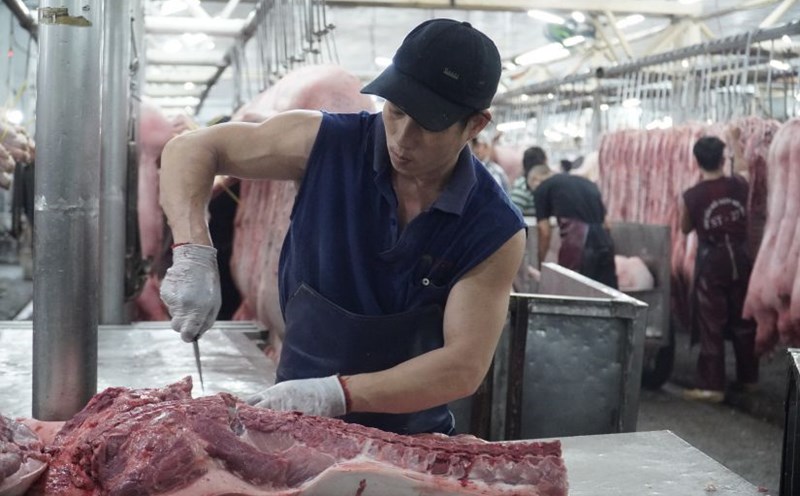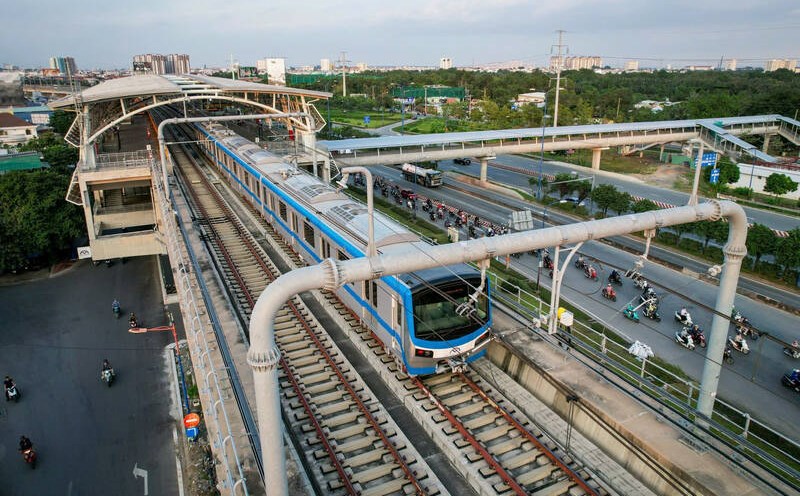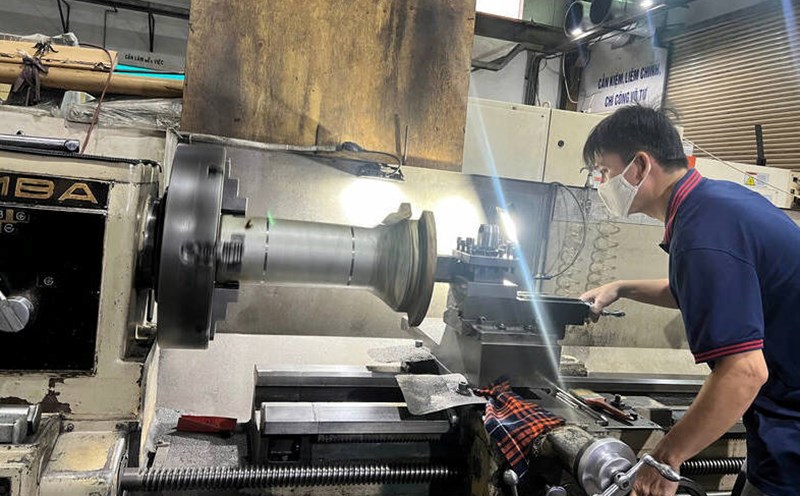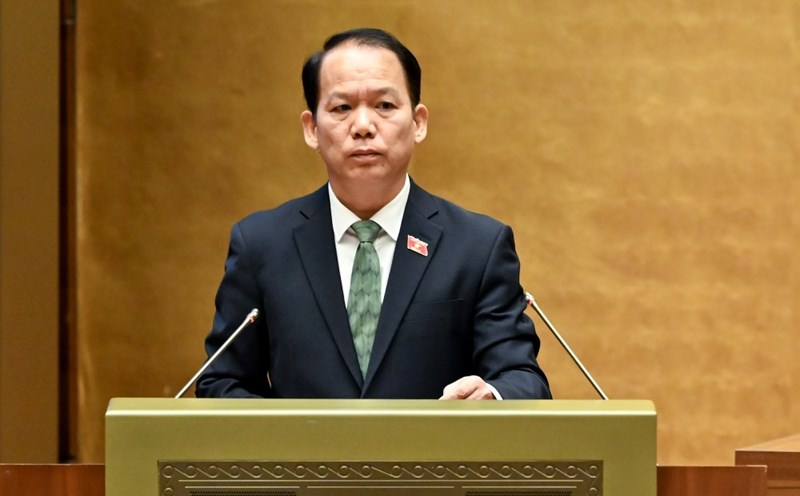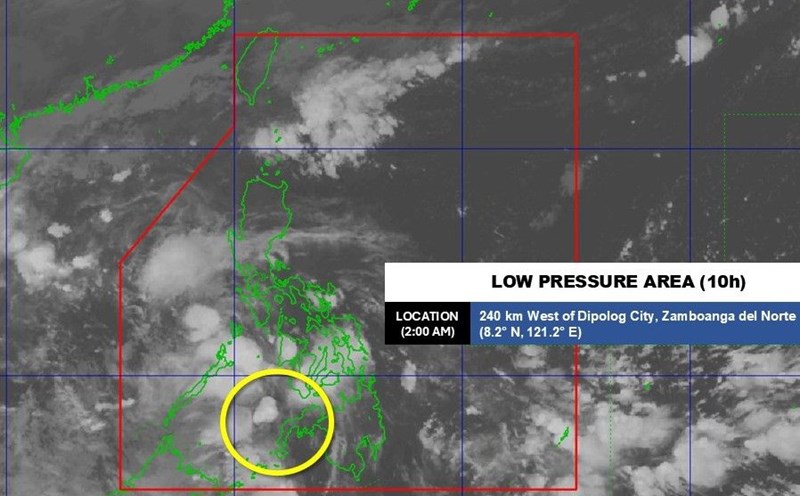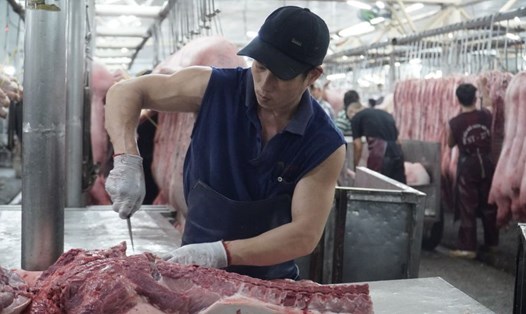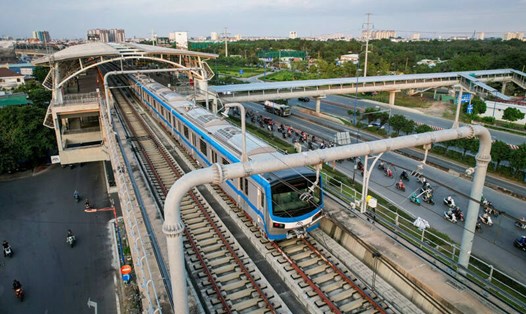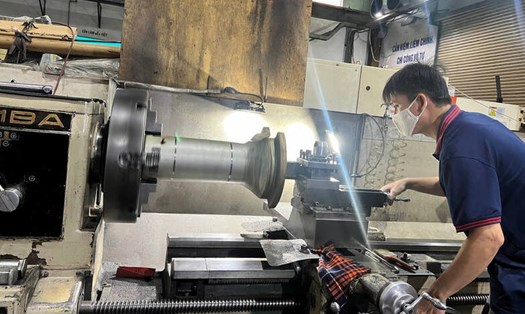Creating momentum for economic growth
Ho Chi Minh City's economy is on the path to recovery, departments and branches are focusing on implementing many solutions to support businesses, stimulate consumption and promote production.
Mr. Nguyen Nguyen Phuong - Deputy Director of the Department of Industry and Trade of Ho Chi Minh City, said that the Department is playing a good role in trade connection activities, typically the supply-demand connection program. The supply-demand connection program was born in Ho Chi Minh City and was very successful, after that, the model was expanded by the Ministry of Industry and Trade nationwide. Currently, many provinces and cities have programs to connect supply and demand to support businesses.
According to Mr. Nguyen Nguyen Phuong, in Ho Chi Minh City alone, supply-demand connection programs to support businesses are taking place regularly. The Department also has an online supply-demand connection platform that takes place throughout the year to support businesses, this is to facilitate the parties to connect - trade in the context of online transactions and digital transformation today.
According to the Ho Chi Minh City Statistics Office, to maintain growth momentum and achieve the target for the whole year of 2025, the City needs to synchronously deploy key solutions, effectively exploit resources, and promote growth in the fourth quarter.
The focus includes completing planning, strategic regional orientation and economic pillars; promoting public investment, disbursing key infrastructure projects; stimulating domestic consumption, promoting e-commerce and cashless payments; restructuring the industry towards modernity, sustainability and high added value; expanding import-export markets, effectively taking advantage of free trade agreements; and perfecting digital government, improving the quality of public services, attracting high-quality human resources.

The health of HCMC businesses is still a concern
According to the Ho Chi Minh City Business Association (HUBA), in the third quarter of 2025, the total product in the area (GRDP) reached 7.07%, with an export turnover of nearly 68.65 billion USD, showing that production is gradually recovering.
However, the "health" of enterprises is still worrying when the number of newly established enterprises decreased by 13.9%, while enterprises temporarily suspended operations increased by 11.1% and dissolved increased by 15.4%.
Small businesses and business households face many difficulties due to fierce competition with e-commerce and changes in consumption habits, causing many traditional stalls and stores to close. Many large business households are " out of breath" due to new regulations on combating counterfeit goods, invoices and electronic tax declaration.
Mr. Nguyen Phuoc Hung - Permanent Vice Chairman of HUBA said that in the first 9 months of the year, the number of small and micro enterprises temporarily suspended business increased by more than 10% over the same period; on average, nearly 20,000 enterprises withdrew from the market each month. Many units are "clinically dead", stopping operations but have not yet completed the dissolution procedures; many traders have returned their premises and closed their doors waiting for the time.
In addition to domestic difficulties, international pressure has also increased. The new US counterpart tax policy (20% for direct export goods, 40% for goods transited through Vietnam) is strongly affecting key export industries such as textiles, footwear, wood, and electronics. Meanwhile, many long-standing administrative problems have not been resolved.
HUBA recommends that the city needs a separate support package for small businesses, focusing on digital transformation, electronic invoices, online tax declaration; at the same time, there should be policies to stimulate and reduce union fees, social insurance and corporate income tax for micro- small businesses and business households - the forces most affected by the economic restructuring process.
To strengthen business confidence, HUBA proposes to improve electronic file processing software, increase connectivity between departments and branches, and require timely and transparent file settlement, avoiding shirking responsibility.
Regarding tax policy, HUBA proposes to allow invoices to be made within 3 working days from the date of transaction completion, instead of immediately at the time of sale; at the same time, expand preferential credit for small and micro enterprises, creative startups, encourage technological innovation, green transformation, and apply ESG.

